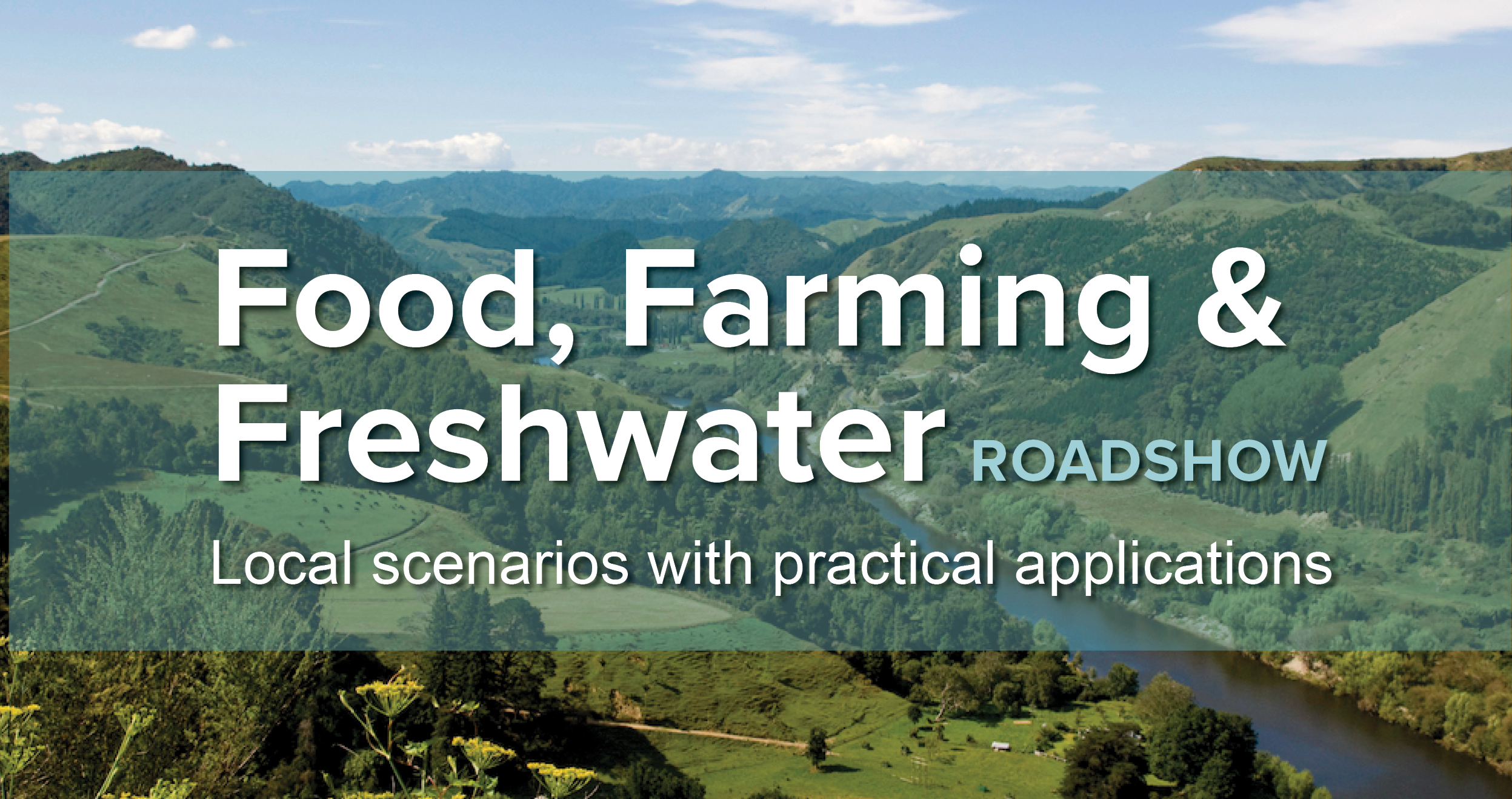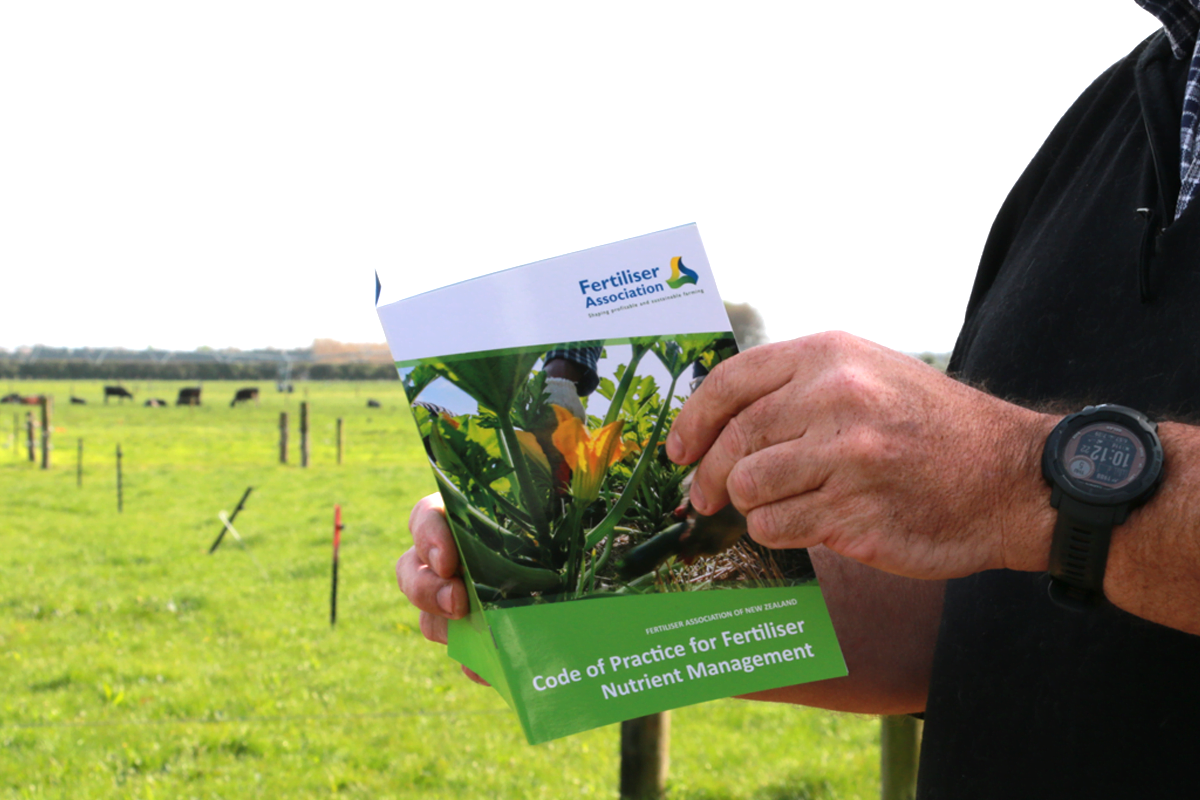Farm Soil Health: assessment across a forestry to pasture chronosequence
February 2020
Ngai Tahu farming have the goal to maintain the life sustaining capacity of soils during the change from forestry (P. radiata) to pasture agriculture. Sites were sampled across a chronosequence of five sites previously from Eyrewell forest, including a site still in forest and a site out of forestry for more than 10 years. Soil health was assessed through a combination of soil fertility and organic matter measures, as well as soil physical and biological properties in May 2019. These properties were assessed against target ranges suitable for high producing pasture agriculture, the closer to these targets, the better the soil health status.
The conversion of pine forest to irrigated dairy pasture tended to improve soil health. Factors limiting soil health under forestry at these sites included low fertility, high C:N ratio, high macroporosity, low microbial respiration and low earthworm abundance and functional diversity. Many of these variables that were not at their target levels were progressing in the right direction following conversion to pasture. Monitoring and managing the soils to ensure soil health continues in the right direction is essential. Management needs to ensure that nutrients are applied appropriately and the soil physical status is not degraded. Further, the soils rated poorly in soil biological indicators, even Farm 1 which had the highest soil health score; hence these soils may require action beyond standard best practice to accelerate soil health improvement.
Report prepared for Ngai Tahu
 View Our Strategy Document 2019 – 2024
View Our Strategy Document 2019 – 2024



